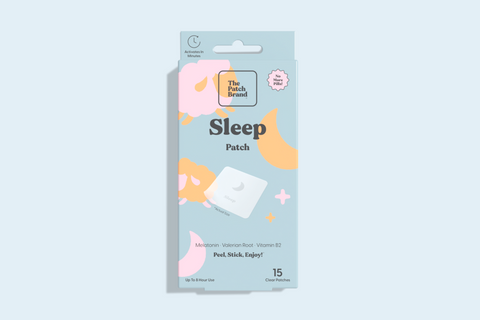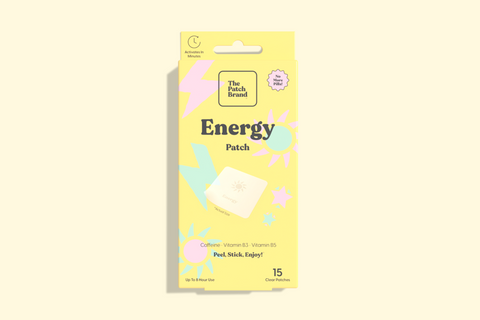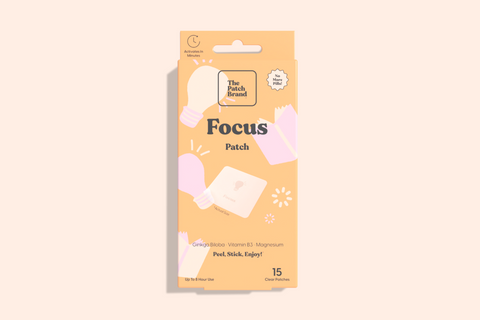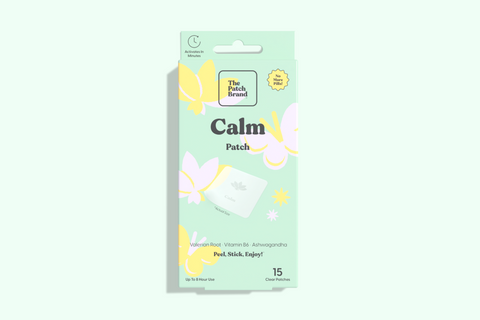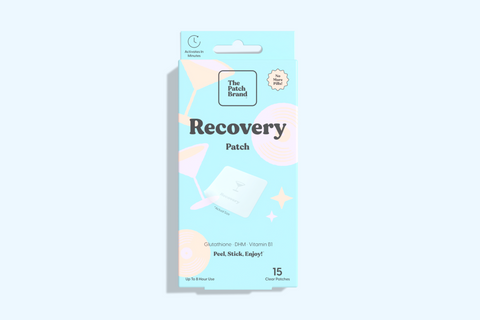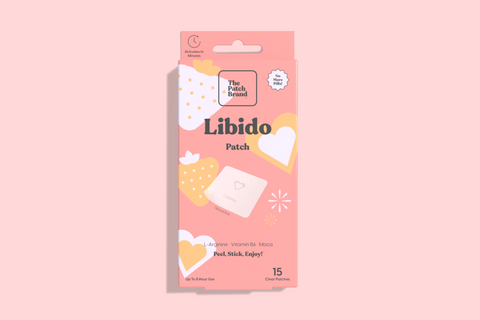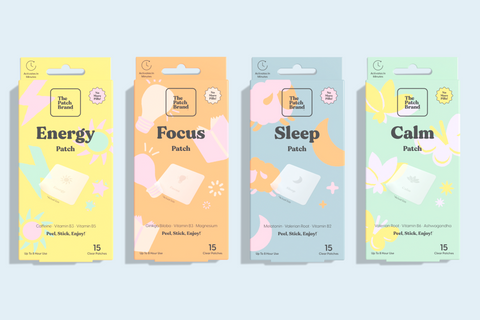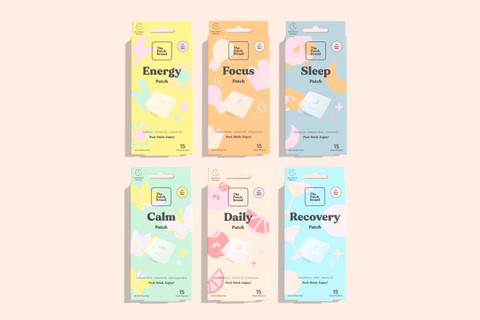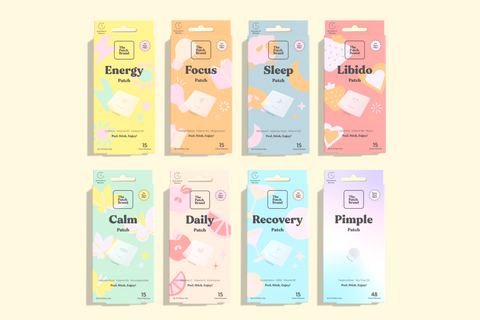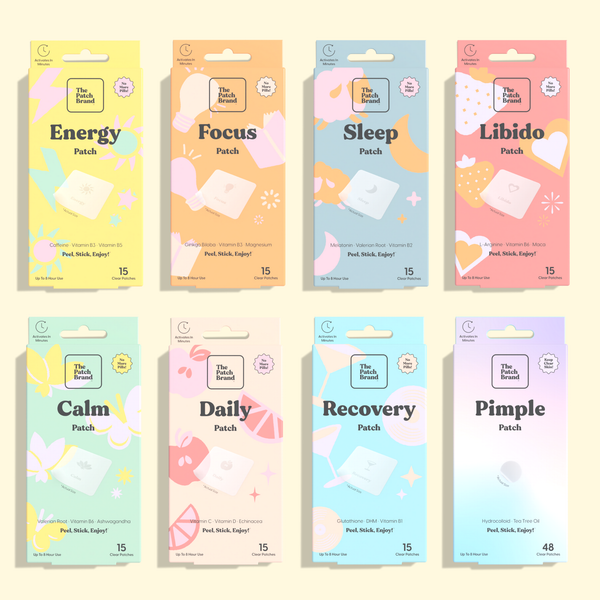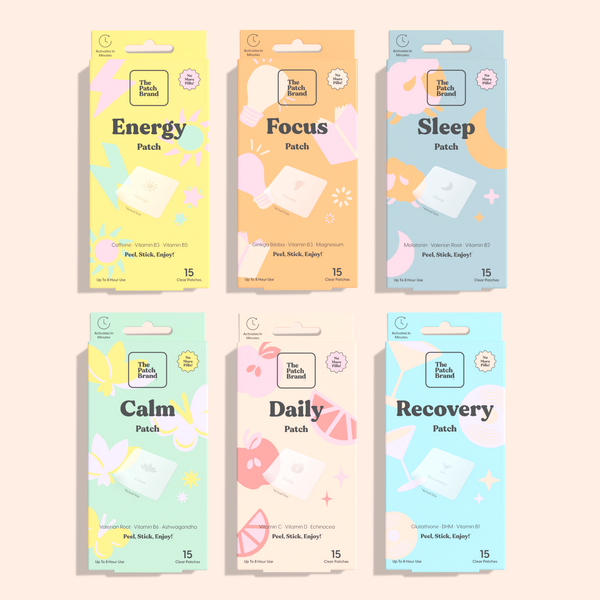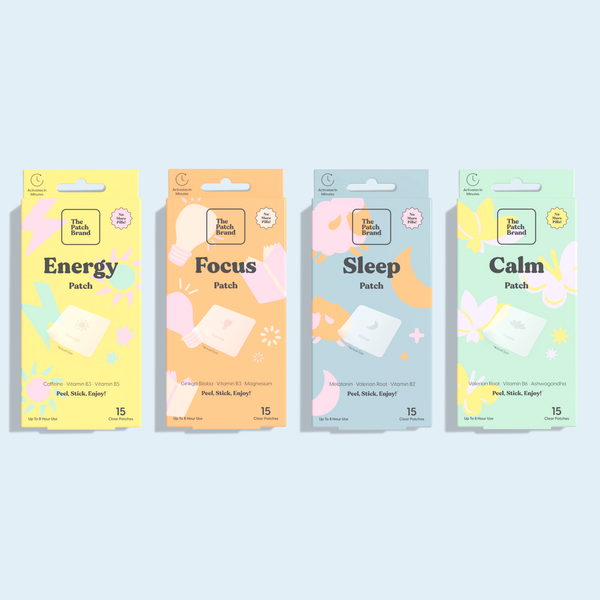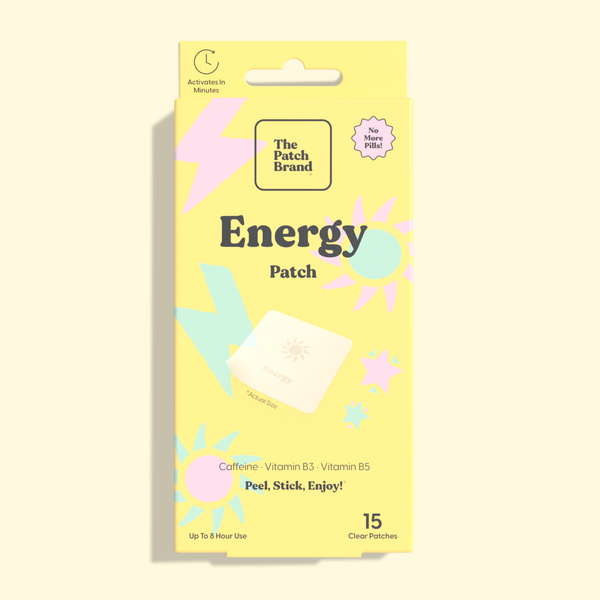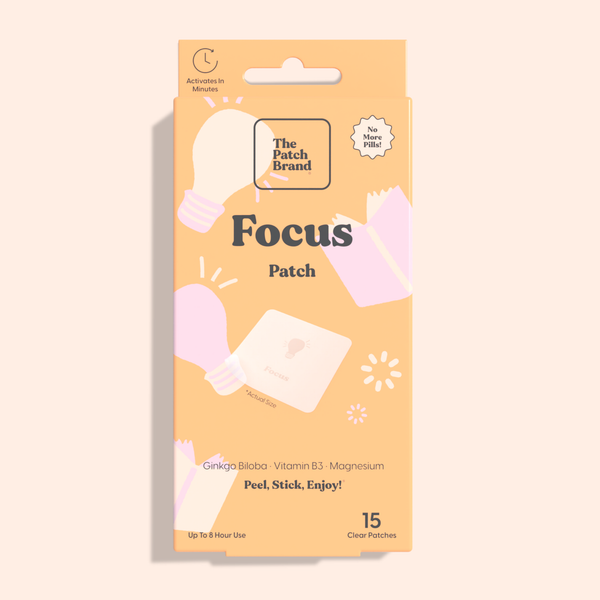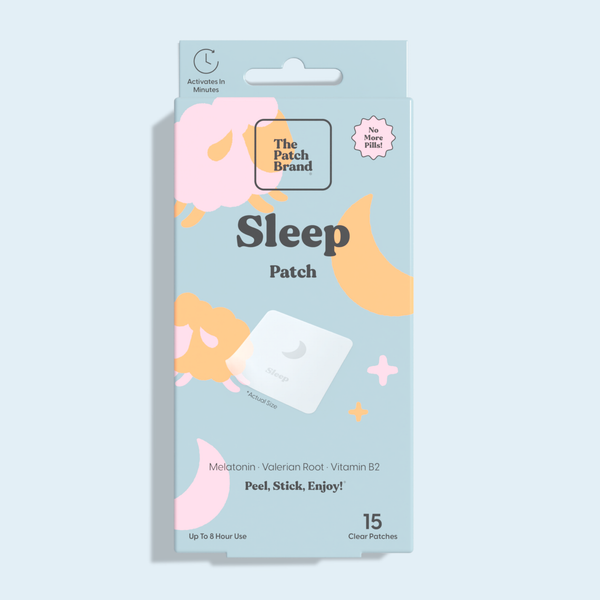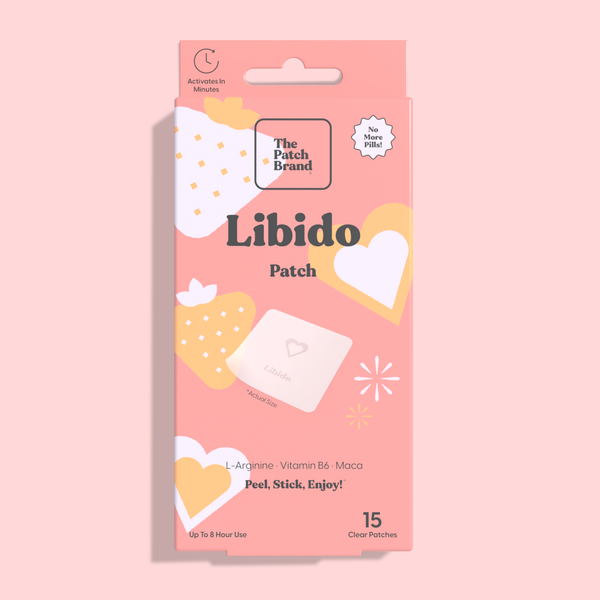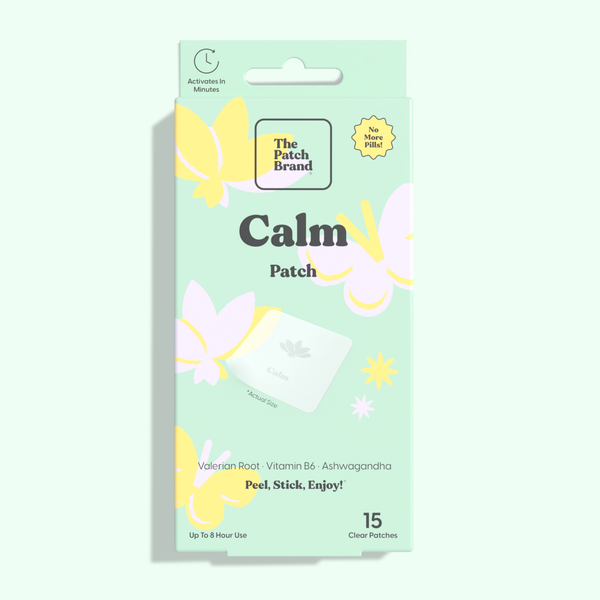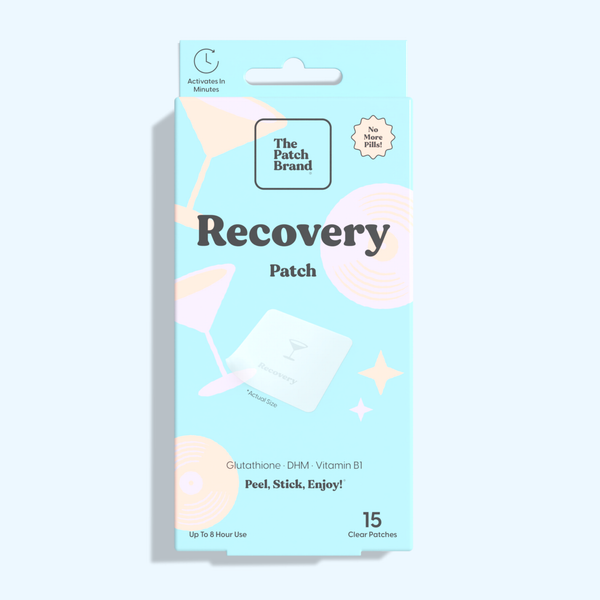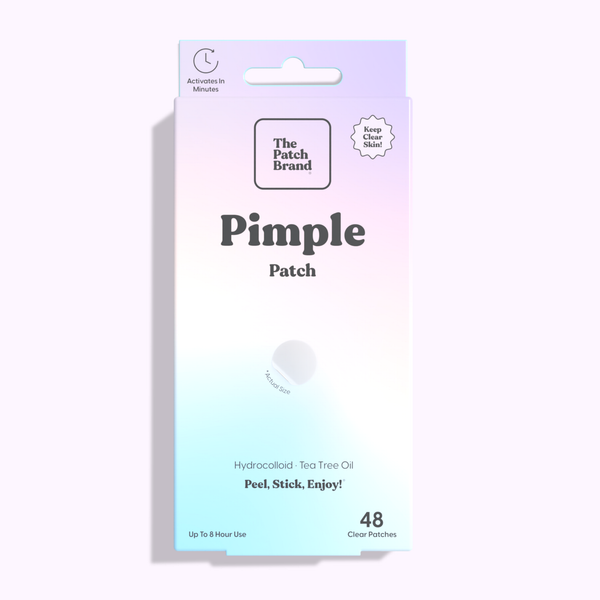Stress is a constant presence in our fast-paced, modern lives. It can have profound effects on both our physical and mental well-being, ultimately impacting our overall quality of life. Living in the 21st century often comes with an overload of responsibilities, causing stress levels to soar. Whether it's work deadlines, financial pressures, or personal conflicts, these situations can activate our stress response, leading to an array of health concerns if not adequately addressed. Over time, chronic stress can contribute to significant health problems, ranging from heart disease to mental health disorders like depression. It's essential to recognize these potential risks, highlighting the importance of effective stress management in maintaining overall health.

Recognizing The Triggers and Personal Response
A trigger is any event or situation that prompts your body's stress response, often acting as a catalyst for heightened tension or anxiety. These triggers can vary greatly from person to person and might include anything from a looming deadline to a crowded social setting. Recognizing these triggers is the first crucial step in understanding how they affect you personally. This awareness lays the foundation for a customized stress management plan tailored to your specific needs and circumstances. Understanding your unique triggers allows you to anticipate potential stressors and implement proactive measures to minimize their impact, which is essential for effective stress management. Once you have identified your stress triggers, developing a personal response plan is the next logical step. This plan is a tailored strategy that outlines specific techniques you will employ when faced with stress-inducing situations.
Primary Relief Methods
Physical Activity
Engaging in physical activity triggers the release of endorphins, often referred to as "feel-good" hormones. These hormones function as natural painkillers and mood enhancers, leading to a sense of well-being and reduced stress levels. Additionally, the process of physical exertion can help take our minds off daily concerns, providing a healthy and productive outlet for pent-up tension. Exercise also fosters relaxation by improving sleep quality, which can be significantly impacted by stress. Various forms of exercise offer unique benefits, enabling individuals to choose activities that align with their preferences and lifestyles. Below, we explore different types of physical activities and how they contribute to stress management.
-
Aerobic Activities: These activities elevate the heart rate and stimulate the release of endorphins, which are often referred to as "feel-good" hormones. The increased endorphin levels lead to an immediate mood boost, making aerobic activities a great choice for those seeking quick relief from stress. Additionally, engaging in aerobic exercises enhances cardiovascular health, which is essential for overall well-being. The repetitive and rhythmic nature of activities like running or swimming can also provide a meditative effect, helping to clear the mind and improve mental clarity. This dual benefit makes aerobic activities an effective and enjoyable way to combat stress.
-
Strength Training: Lifting weights or using resistance bands helps improve muscle tone and endurance while also providing a sense of accomplishment. The process of setting and achieving fitness goals through strength training boosts self-confidence, which is crucial for mental health. Additionally, strength training helps regulate stress hormones like cortisol, contributing to a calmer state of mind. The focused and deliberate nature of strength training exercises also provides an opportunity for mindfulness, allowing individuals to concentrate on their movements and sensations, which can be therapeutic and stress-relieving.
-
Yoga And Stretching: Yoga and stretching exercises combine physical movement with mindfulness and deep breathing, offering a holistic approach to stress reduction. Yoga, in particular, emphasizes the connection between the body and mind, encouraging individuals to focus on the present moment. This mindfulness practice helps reduce anxiety and improve emotional regulation. Stretching exercises, on the other hand, promote flexibility and relaxation, easing muscle tension that can result from stress. The slow and controlled movements of yoga and stretching encourage deep breathing, which activates the body's relaxation response and lowers stress levels. These activities are ideal for those looking for a balanced approach to managing stress, as they address both physical and mental well-being.
Whether through the cardiovascular benefits of aerobic activities, the strength, and resilience gained from strength training, or the holistic relaxation provided by yoga and stretching, individuals can choose the activities that best suit their needs and preferences. The key to effective stress management is finding enjoyable and sustainable exercises, which can lead to improved health and overall quality of life.
Small adjustments to every day habits can lead to meaningful changes in activity levels. For instance, opting to take the stairs instead of the elevator is a simple yet effective way to incorporate exercise into daily life. Similarly, going for a brisk walk during lunch breaks can provide a refreshing mental break and a chance to move. For those with busy schedules, setting aside dedicated time for a workout, even if it's just 20 to 30 minutes, can be highly beneficial. The goal is to create a sustainable routine that fits seamlessly into daily life, making physical activity a natural and enjoyable part of the day.

Mindfulness Practices
Mindfulness is a psychological practice centered around staying focused on the present moment and accepting it without judgment. Rooted in Buddhist traditions, it has gained considerable attention in modern psychology for its ability to enhance mental well-being. At its core, mindfulness involves being fully aware of our thoughts, emotions, and surroundings, which fosters a non-judgmental awareness. By doing so, mindfulness disrupts habitual stress responses and helps individuals build resilience against daily challenges. It promotes a sense of inner peace and emotional balance, making it a powerful tool for managing stress.
Mindfulness practices provide a powerful tool for fostering present-moment awareness and enhancing overall well-being. These practices can be integrated into various aspects of daily life to promote greater self-awareness, emotional regulation, and connection with the environment. Below are some key mindfulness techniques that are effective in achieving these goals:
-
Mindfulness Meditation: This practice involves sitting quietly, focusing on breathing, and observing thoughts and feelings without attachment. By directing attention inward and fostering a nonjudgmental attitude, practitioners develop a greater understanding of their emotional patterns. This, in turn, enhances self-awareness and emotional regulation. Regular mindfulness meditation has been shown to reduce stress, anxiety, and depression while improving attention and cognitive flexibility. Beginners can start with short sessions and gradually increase their practice time, making it an accessible tool for anyone seeking mental clarity and balance.
-
Deep-Breathing Exercises: Deep-breathing exercises involve consciously inhaling and exhaling slowly and deeply, activating the body's relaxation response. By focusing on breathing, individuals can calm their minds and bodies, reducing tension and promoting relaxation. These exercises can be done anywhere, making them an ideal mindfulness technique for busy individuals. The simplicity of deep-breathing exercises allows them to be integrated into daily routines, such as during work breaks or before bedtime, to alleviate stress and improve overall well-being. In addition to strengthening the bond between the mind and body, this practice assists people in being more conscious of their emotional and physical situations.
-
Mindful Eating: Mindful eating is a practice that encourages individuals to focus on the sensory experiences of eating, paying attention to the taste, texture, and aroma of their food. By slowing down and savoring each bite, people can develop a healthier relationship with food and improve their digestion. Mindful eating also helps individuals become more aware of their hunger and fullness cues, which can aid in weight management and prevent overeating.
-
Mindful Walking: This practice encourages individuals to engage with their surroundings, noticing the sights, sounds, and smells around them. By walking mindfully, people can clear their minds and experience a sense of calm and presence. Mindful walking can be done outdoors, such as in a park or nature trail, or indoors, making it a versatile mindfulness technique.
-
Mindful Listening: By paying attention to what others are saying without judgment or distraction, individuals can enhance their communication skills and build stronger relationships. Mindful listening also allows people to become more aware of their thoughts and reactions, fostering greater self-awareness and empathy. This practice can be applied in various settings, such as during conversations with loved ones or while listening to music, to cultivate a deeper connection with others and the present moment.
Incorporating these mindfulness techniques into daily life can provide numerous benefits for mental and physical health. By focusing on the present moment and fully engaging with each experience, individuals can find moments of calm and joy throughout their day, alleviating stress and enhancing well-being.
Balanced Nutrition
A balanced diet is a crucial yet frequently overlooked aspect of stress management. The foods we consume have a profound impact on our brain chemistry and physiology, influencing our stress levels and overall mood. deficiencies in essential nutrients such as vitamins, minerals, and fatty acids have been linked to increased stress and anxiety. Incorporating a variety of nutrient-rich foods into our diets can help regulate these chemical processes and improve our mental health. Additionally, consuming unhealthy foods such as sugary snacks or processed meals can lead to spikes and crashes in blood sugar levels, exacerbating stress and emotional volatility.
Foods high in antioxidants, like berries and leafy greens, can help reduce oxidative stress and inflammation, which are often associated with increased stress levels. Lean proteins, such as chicken and fish, provide amino acids that are vital for neurotransmitter production, helping to regulate mood and cognitive function. Complex carbohydrates, such as those found in whole grains, are important for maintaining stable blood sugar levels, which helps prevent mood swings and energy crashes. By focusing on a diet that includes a variety of these nutrient-dense foods, individuals can create a solid foundation for managing stress and enhancing emotional resilience.
Stress Relief Patches
Calm patches and
vitamin patches have become increasingly popular as a convenient tool for managing stress. These patches offer an alternative approach to stress management, blending natural ingredients with modern technology to provide ongoing support throughout the day:
-
How Stress Relief Patches Work - Stress patches work by providing a steady release of natural ingredients known for their calming properties. For instance, calming patches may contain ingredients like chamomile or lavender, while vitamin patches provide essential vitamins that can support overall well-being.
-
Potential Benefits of Using Stress Relief Patches - Stress relief patches can offer a non-invasive, convenient method for managing such feelings of uneasiness. They can be easily incorporated into your daily routine and provide ongoing support throughout the day.
-
The Convenience of Stress Relief Patches in Daily Life - Wellness patches are an easy-to-use tool that can complement other management strategies. Wearing them all day long offers a consistent flow of natural relief.
The use of
stress relief patches offers a convenient and innovative approach to managing stress in daily life. By harnessing the benefits of natural ingredients and providing a steady release, these patches offer a practical solution for those seeking to balance their wellness while navigating busy schedules.
The Trial-and-Error Process and Seeking Professional Help
Importance of Personal Trial and Error in Stress Management
Not every relief strategy will work for everyone. It's important to try out different techniques to see what works best for you. Whether it's finding the
best vitamin patches, discovering your preferred form of exercise, or exploring different mindfulness practices, patience and persistence are key.

Seeking Professional Help for Stress Management
If it continues to interfere with your life despite your efforts to manage it, don't hesitate to seek professional help. Mental health professionals can provide guidance and treatment options tailored to your specific needs.
Managing stress effectively is essential for maintaining a balanced and fulfilling life. While it's inevitable in our modern world, our response to it can make all the difference. By recognizing our unique stress triggers and implementing personalized management plans, we can proactively address challenges as they arise. Physical activity, mindfulness practices, balanced nutrition, and innovative tools like stress relief patches offer diverse ways to tackle stress and enhance our well-being. Importantly, stress management is a dynamic process that may require ongoing adjustments and experimentation. It's essential to stay patient and open to different strategies while remembering that seeking professional help is always a viable option if stress becomes overwhelming. Ultimately, prioritizing stress management not only improves our health but also enriches our daily lives, enabling us to thrive amidst the demands of the 21st century.

